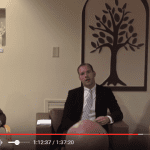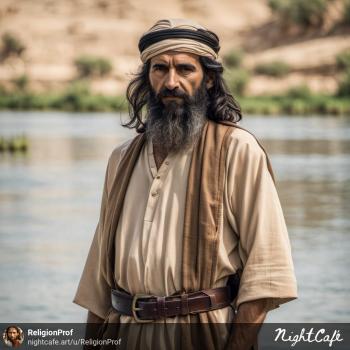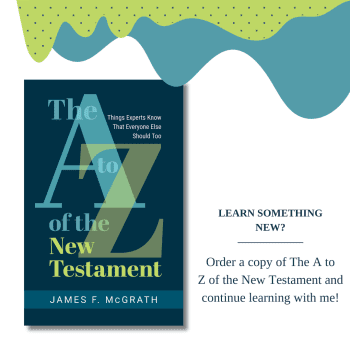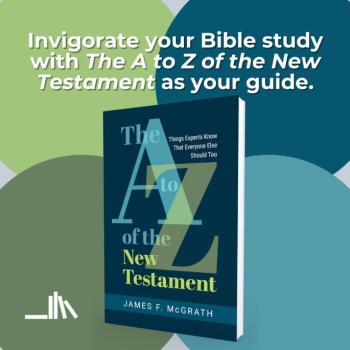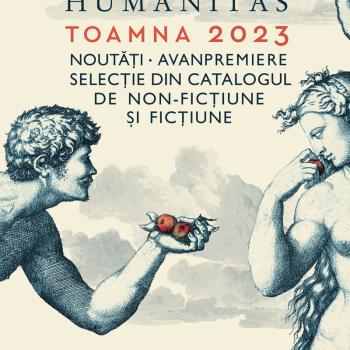Via Gerhard van den Heever:
New Testament Society of South Africa: Early Christian Studies Subgroup
Inaugural Session: 9—12 April 2017, University of Stellenbosch.
Call for Papers
Mapping Transformations Towards a Christian Late Antiquity
Paper proposals are invited that address the theme of the inaugural session of the Early Christian Studies subgroup of the New Testament Society of South Africa. Since this is the inaugural session of the new subgroup and intends to establish a methodological and theoretical framework for the group’s future work, we particularly welcome proposals that are broadly programmatic, theoretical, and methodological.
In the recent work of Jörg Rüpke, Bruce Lincoln, and Guy Stroumsa a number of transformative shifts have been identified that, in concert, define and characterize the transition from the Classical to Post-Classical world. These include transitions from inspired oracular speech to bibliocentric religious discourses; transitions from concrete, material, imagistic instantiations of divine presence to aniconic conceptions of divinity with concomitant new ways of mediating the divine; transitions from priestly classes of religious hierarchies to hermeneutic specialists; transitions from monocultural, singular ethnic social entities and identity formations to international, multiethnic, and geographically dispersed populations of post-ancient religious communities held together not only by shared symbols, beliefs, and practices, but also by itinerant leaders and mobile texts, incorporation into which occurred through practices of conversion as a habituated new comportment with newly emerging social and identity formations; and finally, transformations of the relationships between religious institutions and the hegemonic hierarchies organizing various social aggregates in the post-ancient or late antique world, that is, an emerging independence inhering in religious institutions vis-à-vis the state.
In the context of these transformations towards a Christian Late Antiquity the rise in life-writing or biography as protreptic as a genre signaled across traditions – Judaism, Christianity, and Islam – the manufacturing of a new kind of habituated internalized identity as epiphenomenon of a world in the throes of fundamental change (in other words, conversion literature as window onto discursive shifts from Antiquity to Late Antiquity).
Papers are invited that investigate and theorize these transformations from various perspectives:
Papers that analyze and comment Greek, Roman, Egyptian, Syrian, other Near Eastern, non-Christian as well as post-apostolic Christian literatures as concrete instantiations and evidences of such manifesting these transformations;
Paper that promote inter-, multi-, and transdisciplinary studies and theorizing on the formation of Christian discourse through the later Roman Empire and Late Antiquity, especially within a framework of cultural studies and discourse studies; and
Papers that promote the study of early Christian history as a contemporary scholarly endeavour as an interpretive analytic (i.e., metatheoretical study of the discipline of studying the history of Christianity).
Proposals should be sent to the panel organisers: Prof. Chris L. de Wet (Unisa), dwetcl@unisa.ac.za and Prof. Gerhard van den Heever (Unisa), vdheega@unisa.ac.za.
The closing date for proposals is 13 February 2017.
The project is envisaged to run for a period of approximately 6 years until the subgroup is responsible for the main theme of the annual meeting of the New Testament Society of South Africa. At that time, and at possible earlier stages, essays emanating from the group will be published as a collected volume of essays.
In the event of more paper proposals submitted than can be accommodated in the main programme of the New Testament Society of South Africa, arrangements will be made with the local organizing committee to host an adjunct project seminar meeting, either directly before or after the main annual meeting of the Society.


